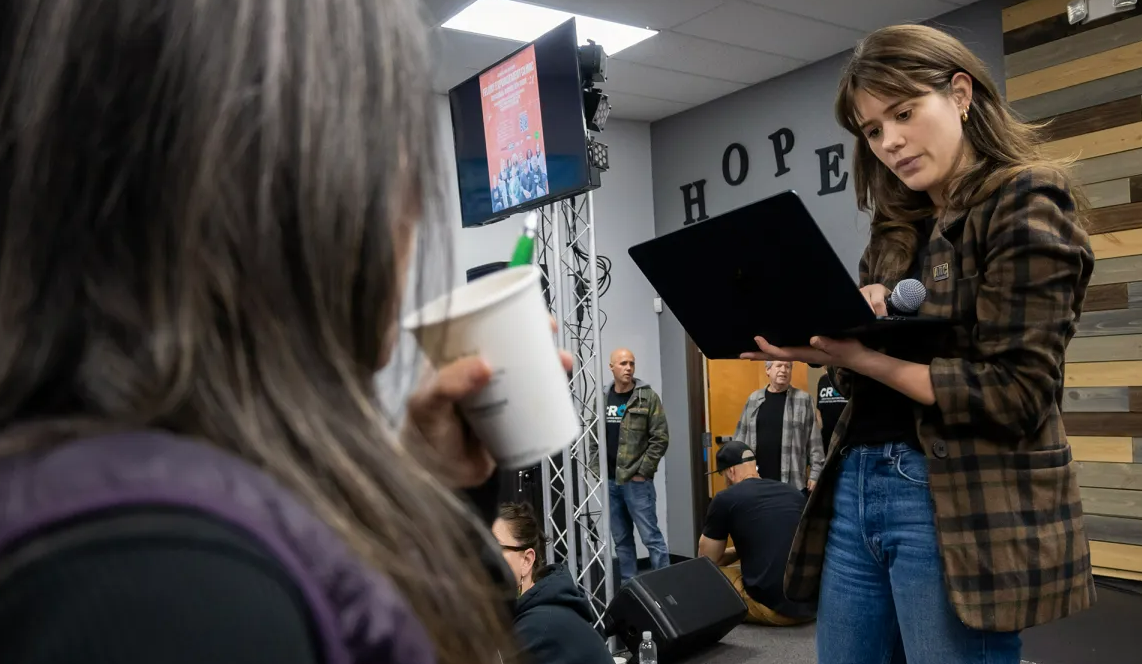California Law Sealing Criminal Records Offers Second Chances
SB 731, signed into law last year, expanded automatic sealing eligibility

Encounters with the criminal justice system, no matter how long ago or for what reason, can ruin a person’s life despite their best efforts to maintain good standing as a citizen. Nearly100 million Americans have a criminal record, a history with law enforcement that turns up on background checks and sometimes Google searches. Applicants with criminal records can be half as likely as those without them to get a callback or job offer. Nearly 9 in 10 employers use criminal background checks; so do 4 in 5 landlords, and 3 in 5 colleges and universities. These practical realities make it harder to successfully reintegrate into society, one of many side effects of mass incarceration.
Increasingly, more states are passing laws allowing for some form of criminal record clearing. Eligible individuals, usually
those with no convictions, or who were convicted of a low-level offense, are typically required to petition a judge or state agency for clearance. Most don’t, whether because of the cost, complexity, or simply from lack of information. One University of Michigan study published in 2019 found over 90 percent of those eligible didn’t apply.
As a result, the “Clean Slate” movement was born — a recent push by criminal justice reformers to automatically clear, or seal from public view, records for eligible offenses. Pennsylvania was the first state to enact automatic record clearing in 2018, followed by Utah, California, Michigan, Virginia, Delaware, and Colorado.
Last year, the California Legislature passed SB 731, significantly expanded automatic sealing eligibility for people who served time in prison. While people with violent, serious felony records would not be offered the automatic “clean slate,” they could, for the first time, petition to have their records sealed. Governor Gavin Newsom signed the bill, and virtually all ex-offenders, except registered sex offenders, were now eligible for automatic sealing.
Under SB 731, while landlords and most employers would not be able to view expunged records, public and private schools would still be able to review them during job background checks. Law enforcement, courts, and the state justice department would also still have access to the sealed records, and individuals would be required to disclose their criminal history if asked about it when applying to serve in a public office, among other exceptions. Californians for Safety and Justice estimated at least 250,000 people and possibly as many as 400,000 people would be eligible for automatic record sealing under SB 731.
“They served their time, and they’ve done their own internal work and diligence to come out the other side,” Elizabeth Tüzer, the expungement legal project manager for the Anti-Recidivism Coalition, said of her clients. “It doesn’t mean they shouldn’t have a job, or be able to survive or have housing.” The Anti-Recidivism Coalition has helped clients file nearly 200 requests statewide, Tüzer said, with about half granted so far.
To read more about SB 731 and the impact the bill is having on the lives of California residents working to reintegrate into their communities, read the feature "California is clearing criminal records — including violent crimes — to offer second chances" at CalMatters. CalMatters is a nonpartisan and nonprofit news organization bringing Californians stories that probe, explain and explore solutions to quality of life issues while holding elected leaders accountable.










